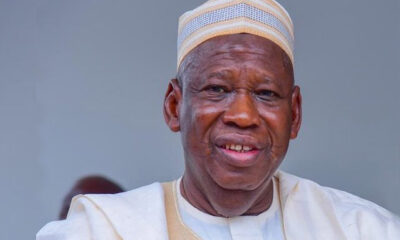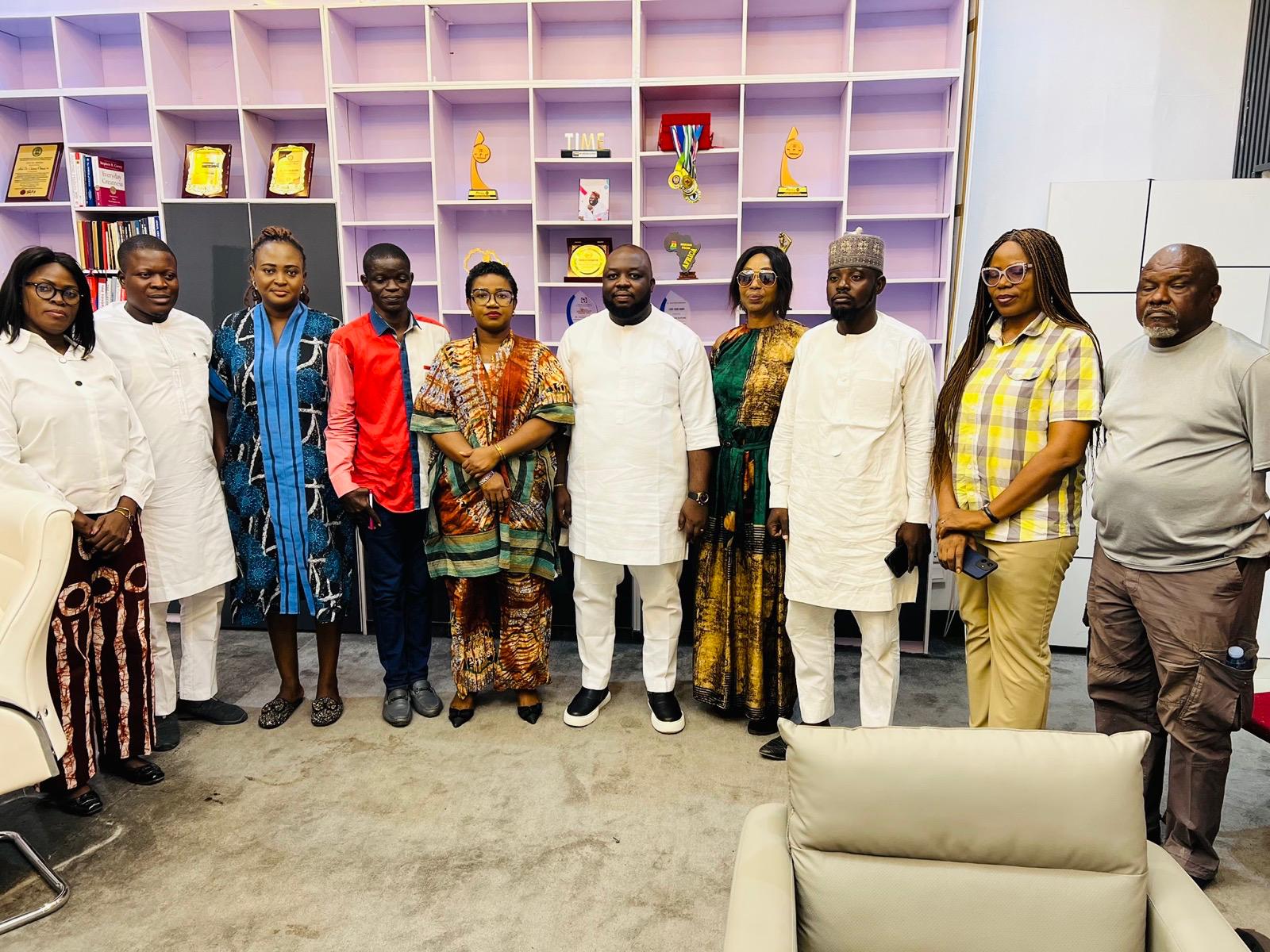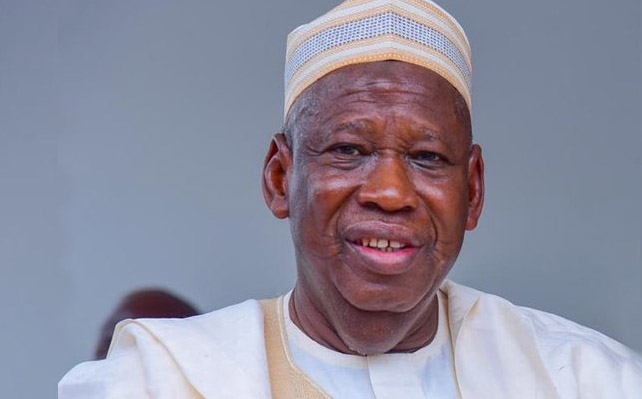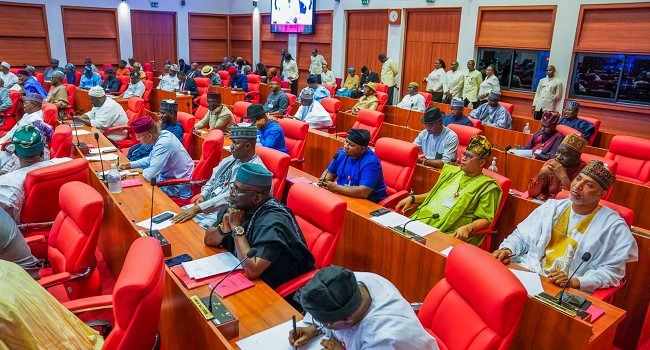Entertainment
Inside the Rise of Nigerian Skit Makers: How Comedy Became Big Business

Just a few years ago, short, punchy comedy clips shared on WhatsApp and Instagram served as a light-hearted distraction for many Nigerians. Today, those very skits have evolved into a thriving industry, one that is creating employment opportunities, building powerful personal brands, and raking in millions of naira in advertising revenue.
From Simple Jokes to Serious Ventures
What began as a modest hustle has become a legitimate career path. Many of Nigeria’s leading comedy skit creators launched their craft with little more than a mobile phone, a few willing friends, and a well of creativity. Today, names like Mr Macaroni, Broda Shaggi, Taaooma, Sabinus, and Kiekie are firmly etched into the cultural fabric of the nation. With millions of followers across social media platforms, they have transformed everyday humour into viable, full-time professions.
Powered by platforms such as Instagram, YouTube, TikTok, and Facebook, skit makers discovered an enthusiastic audience eager for comic relief. The timing was perfect: the content was relatable, the humour resonated, and the internet provided an unrestricted stage.
Monetising the Laughter
The comedy skit scene in Nigeria is no longer just about laughs, it’s a multi-million naira business. Top skit creators now generate income through several streams:
Brand Promotion: From banks and telecoms to fast-moving consumer goods companies and political campaigns, major brands now leverage skit makers to reach younger demographics.
* *YouTube Monetisation:* With large, loyal audiences, creators are cashing in on YouTube ad revenue and video views.
Merchandising and Live Shows: Some skit makers now sell branded merchandise, headline comedy events, and even act in Nollywood films.
Social Media Advertising: Given their high engagement levels, many charge substantial fees to promote products or third-party content.
A report by data analytics firm Dataleum revealed that Nigerian skit creators collectively generated over ₦1 billion in revenue in 2023 alone, a figure that underscores the economic potential of the sector.
The Winning Formula
The secret to success? Consistency, relatability, and engagement. Nigerian skits often revolve around daily realities: nosy neighbours, the chaos of Lagos traffic, religious satire, police checkpoints, or village life, all delivered in a tone that resonates deeply with the average viewer.
The quality has also markedly improved. Where skits once relied on shaky phone cameras and poor audio, many now feature professional lighting, editing, scripting, and acting. Some creators now work with production teams, raising the bar for technical quality and storytelling.
More Than Mere Entertainment
Importantly, the skit-making scene has transcended comedy. Increasingly, creators are using humour to address pressing social issues, from mental health and gender inequality to corruption and societal pressure. These messages are often subtle yet powerful, sparking important conversations among viewers.
Moreover, the industry is proving to be a job creator in its own right. Behind each skit is often a team comprising writers, editors, makeup artists, costume designers, social media strategists, and production assistants. The model is shifting from solo acts to full-fledged content studios.
Challenges and Controversies
Nevertheless, the road is not without its bumps. Critics argue that some skits perpetuate harmful stereotypes or rely excessively on shock value and vulgarity. There are also concerns about content theft, lack of regulatory oversight, and the absence of formal industry structure.
Still, many creators are learning on the job and gradually adopting more professional practices. The emergence of organisations like the Nigerian Skit Industry Awards (NSIA) is a positive step towards standardisation and recognition of excellence in the field.
The Future is Bright and Funny
Nigeria has a long and rich tradition of comedy, from the days of Baba Sala and Chief Zebrudaya to stand-up legends like Ali Baba. But the skit-making movement represents a new, dynamic chapter, faster, more nimble, and more democratised.
With smartphones as the new studio and the internet as the stage, young Nigerians are turning comedy into commerce. What was once considered a pastime is now a pipeline for prosperity.
And if current trends are anything to go by, this new wave of laughter is only just beginning to crest.
-

 News2 days ago
News2 days agoDonald Duke dumps PDP for ADC, gets membership card in Calabar
-

 News2 days ago
News2 days ago2027: North will stand with Tinubu, claims of defection are a big mistake — Ganduje
-

 National News2 days ago
National News2 days agoSenators lament funding shortfalls, warn of budget implementation crisis
-

 News2 days ago
News2 days agoBauchi Govt approves monthly stipends for religious leaders
-

 News2 days ago
News2 days agoCourt of Appeal upholds death sentences for 2018 Offa Bank robbery convicts
-

 News1 day ago
News1 day agoINEC and the perils of sectarian perception – By Shu’aibu Usman Leman
-

 NUJ FCT1 hour ago
NUJ FCT1 hour agoNUJ FCT Council partners Bespoke Holdings to complete ultra-modern Congress Hall
-

 News29 minutes ago
News29 minutes agoRising Singer Ifunanya Nwangene dies from Snake bite in Abuja















